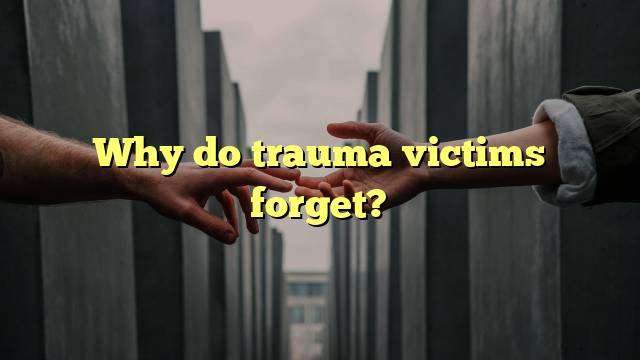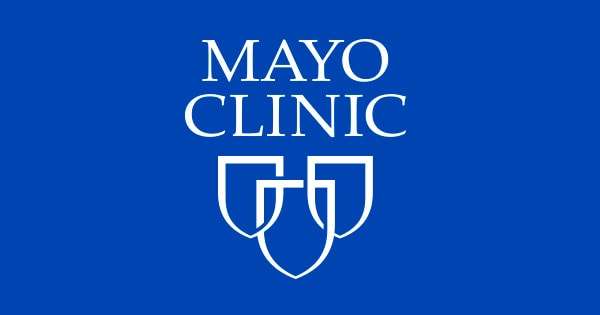Understanding Dissociative Amnesia in Trauma Victims
Trauma therapists are well versed in the effects of abuse, which may include dissociative amnesia, a psychological defense mechanism that allows the victim to forget painful experiences. This type of amnesia is a defense mechanism that protects the victim from having to relive the trauma. It is a common occurrence in patients who have suffered from abuse, and understanding how it works can be an important step towards recovery.
What is Dissociative Amnesia?
Dissociative amnesia is a condition in which an individual has difficulty remembering important information related to a traumatic event. This type of amnesia is not caused by organic brain damage, but is instead caused by psychological trauma. It can manifest itself in a variety of ways, ranging from a complete inability to remember the event to a partial inability to recall the details.
How Does Dissociative Amnesia Occur?
Dissociative amnesia is believed to be caused by the overwhelming nature of the trauma. When faced with a traumatic experience, the individual may be unable to cope with the emotional and physical pain, and the brain may resort to dissociation in order to protect the individual from further harm. This means that the individual may not be able to recall the event or events, or may only be able to recall certain details.
What are the Symptoms of Dissociative Amnesia?
The symptoms of dissociative amnesia can vary from person to person. Generally, individuals who experience dissociative amnesia may have difficulty remembering details of a traumatic event, or may have difficulty remembering certain periods of time. They may also experience confusion, disorientation, and difficulty concentrating.
How is Dissociative Amnesia Treated?
The treatment of dissociative amnesia depends on the individual’s specific situation. Generally, it is treated with psychotherapy, which can help the individual to process the trauma and come to terms with their experiences. In some cases, medication may be used to help the individual cope with the symptoms. It is important for individuals to seek help from a qualified mental health professional to ensure that the appropriate treatment is provided.
What is the Outlook for Individuals with Dissociative Amnesia?
The outlook for individuals with dissociative amnesia is generally positive. With the right treatment, most individuals are able to work through their trauma and become more resilient and better able to cope with stressful situations. It is important to remember that everyone’s experience is unique, and treatment should be tailored to the individual’s needs. It is also important to note that recovery is possible, and individuals can regain their sense of self and move forward in their lives.
In conclusion, dissociative amnesia is a common defense mechanism employed by trauma victims in order to protect themselves from further harm. It is important to understand how this condition works, and to provide individuals with the right treatment to ensure that they can move forward in their lives. With the right support, individuals can heal from their trauma and develop the skills needed to cope with future stressors.




